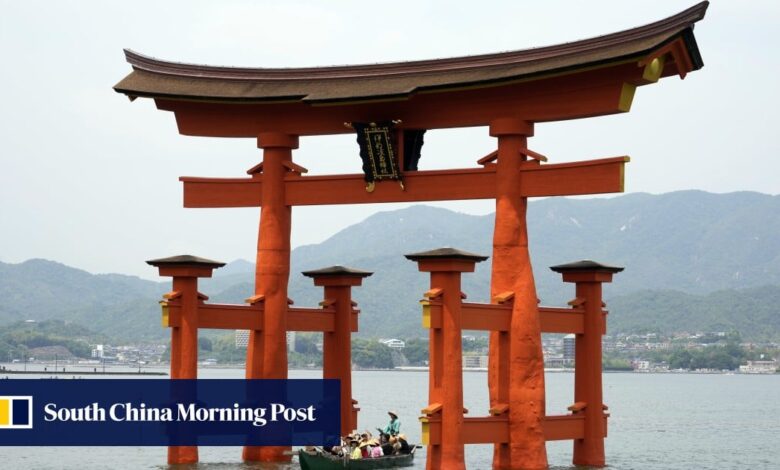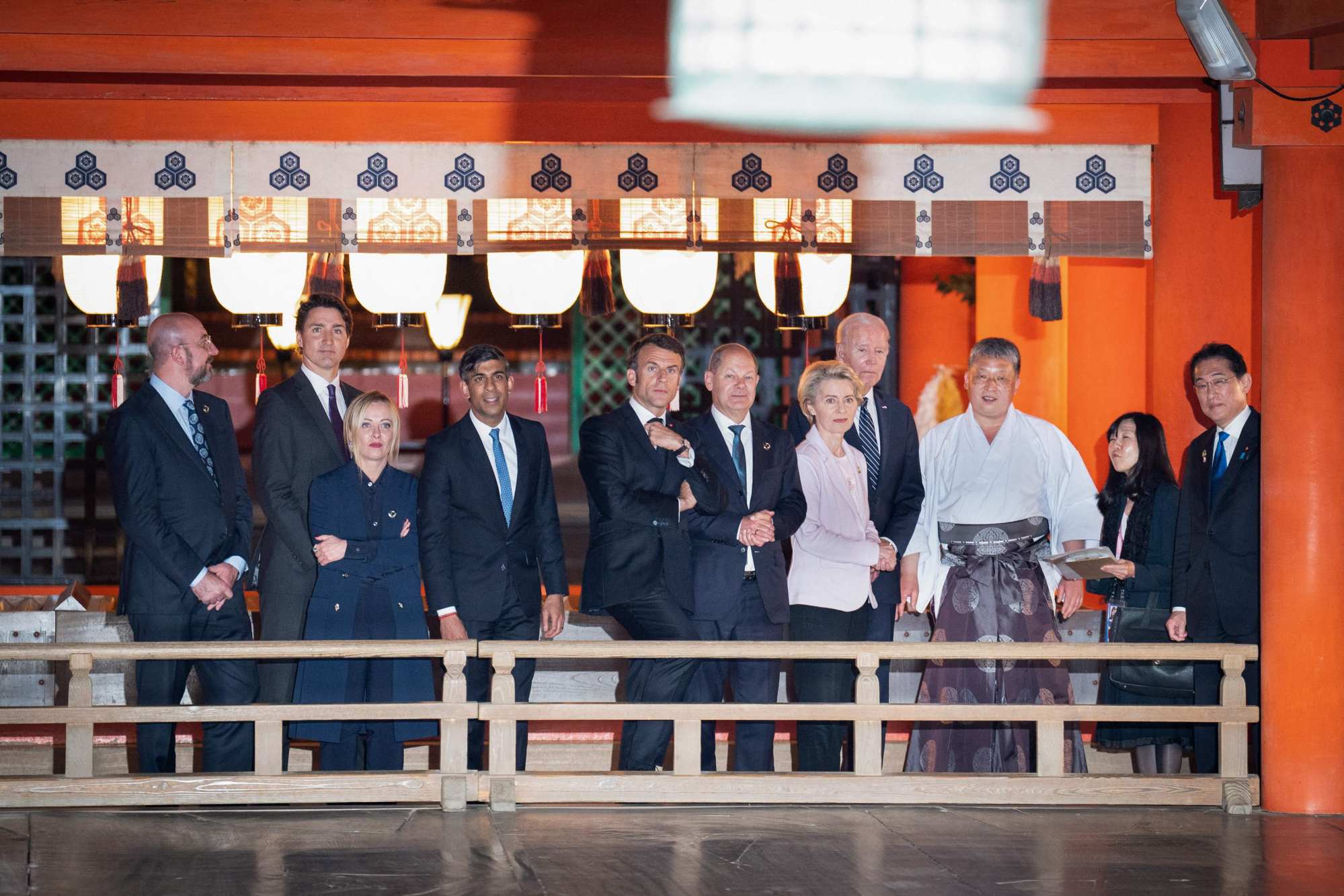Japan’s Miyajima island imposes ‘fair’ tourist tax after G7 leaders’ visit sparks travel rush

Authorities in Miyajima, home to the Unesco-listed Itsukushima Shrine, which appears to float on the waters of a narrow bay at high water, said the levy would be added to the ferry fare to the island.
They also said local residents, office workers, preschoolers and students on schools excursions were exempt from the tax that was expected to generate 300 million yen (US$2 million) in annual revenue for the city of Hatsukaichi, which oversees the tourist destination.
The additional income will be spent on sprucing up public toilets and ferry terminals and on building new facilities for sightseers.

Hatsukaichi Mayor Taro Matsumoto said an excess of travellers had a negative impact on Miyajima’s environment and the tax money would be used to enhance the island’s charm.
“I hope this will be a new ray of hope for tourist destinations throughout Japan that suffer from overtourism,” Matsumoto said.
Some visitors said the tariff would not be a financial burden on them.
“I think 100 yen is a fair price. Miyajima is a world-famous tourist destination. I hope the tax will be used to maintain the environment and for the development of the island, and that it will continue to be a place that is loved by the people,” the Mainichi newspaper quoted a first-time visitor to the location as saying.
Miyajima attracted more than 4 million visitors in 2019, and two years later the figure slumped to 1.88 million due to the pandemic.
‘Gasoline in tourism engine’: Japan prepares for return of Chinese tour groups
‘Gasoline in tourism engine’: Japan prepares for return of Chinese tour groups
More than 2 million people had descended on the island by the end of August, prompting Kishida to announce that his administration would roll out measures to address overtourism by this fall.
Japan’s ancient capital and tourism hub Kyoto last month unveiled a raft of steps, including scrapping the one-day bus pass that allowed unlimited rides, encouraging luggage-free sightseeing and installing hoardings at subway stations telling guests in English, Chinese and other languages to behave themselves, as part of its efforts to prevent the city from being overwhelmed by visitors.
Kyoto welcomed 43.61 million travellers last year, that also sparked complaints from locals about illegal dumping of rubbish and tourist buses clogging the streets.

